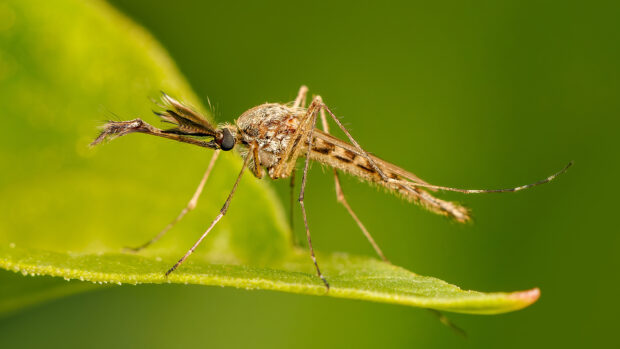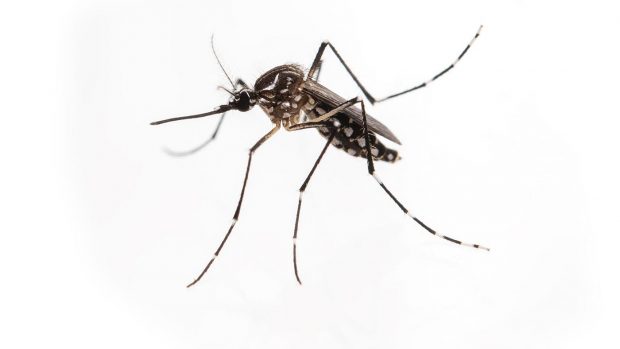Horse owners and vets should be increasingly alert for any signs of West Nile Virus, warns the Wildlife Information Network (WIN), an international charity based in the UK.
West Nile Virus (WNV) is a viral infection of birds, horses and humans, spread by the bite of infected mosquitoes that can cause encephalitis (inflammation of the brain) or meningitis (inflammation of the lining of the brain and spinal cord).
In horses, the infection can produce a wide range of symptoms, varying from no clinical signs to severe neurological abnormalities. Nearly two thirds of horses with clinical signs either die or have to be put down, while those that survive the disease often go on to suffer terminal problems at a later date.
Although the disease has not been identified in horses or humans in Britain to date, antibodies to the disease have been found in birds in the UK, inviting speculation about the prevalence of the disease. An outbreak of the virus in Southern France in 2000, which killed around 20 horses, adds to the concern.
The export of horses from the UK to the USA, and in particular the transportation of bloodstock, is a major concern, according to the WIN. A vaccine has been licensed in the US to try to combat the effects of the virus, which is present throughout most of mainland USA. However, the vaccine is not licensed for use in the UK and WIN is advising that all animals travelling to mainland America should be vaccinated as soon as they arrive.
Ian Boardman of the WIN explains: “We are of the view that anyone who is transporting bloodstock to the USA for stud or for competition should ensure that the animal is vaccinated against West Nile Disease as soon as they touch down in the USA.”
Alternatively, if horse owners are transporting animals to the USA, they can apply for Special Treatment Authorisation (STA) for exotic diseases through their vets, The Veterinary Medicines Directorate can then issue the vaccination as a one-off for use in this country before the horse travels.
Bert Burns, at Merial UK, clarified why horse-owners have to go to such lengths to protect their horses: “As far as the regulatory bodies are concerned, there isn’t a problem in this country with WNV, so there is no need to license the vaccine in this country. I am sure that this situation would be reviewed if and when WNV is considered to be a serious threat.”
For more information about the Wildlife Information Network and West Nile Virus visit: www.wildlifeinformation.org or (tel: 020 7388 7003).



